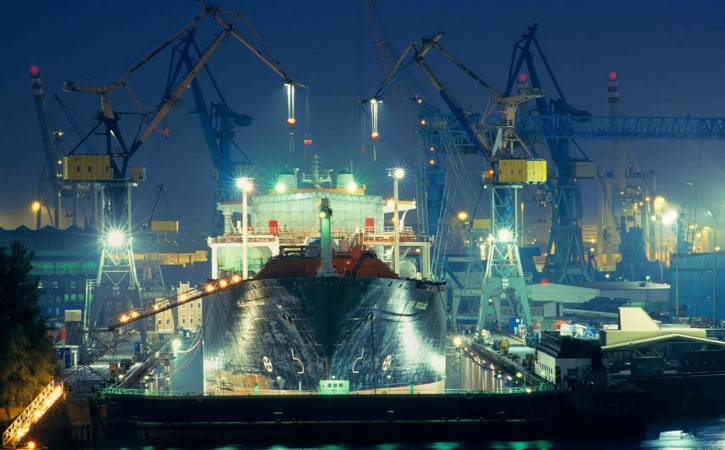Retrofitting ship engines for alternative fuels is becoming a viable long term strategic approach to emission reduction being considered by ship owners.
Multiple factors need to be evaluated such as, fleet readiness, engine technology, regulatory drivers, and alternative fuel availability. Other factors that need to be accounted for are fuel system integration, retrofit yard capacity, training, human factors, and the business case.
Adapting ships to utilise carbon-neutral or zero-carbon fuels may necessitate modifications to the engine, tanks, pipework, systems, and structure. Engine designers are already preparing conversion packages for certain fuels such as methanol and ammonia, as well as considering other fuel technology solutions. Retrofit projects for methanol engines have commenced for cruise and container ships, and there is a burgeoning interest in ammonia as a carbon-free fuel, with technologies under development for existing vessels. The decision to retrofit must be balanced against other options, such as non-engine power technologies, or even constructing new zero- or near-zero emission ships.
When analysing the latest advancements in engine retrofitting for alternative maritime fuels and their potential to revolutionise the shipping industry, it is essential to consider that retrofitting is always a case-by-case assessment, requiring compliance with rules and a comprehensive risk assessment. Plus there is also the requirement to explore the different options for the many alternative fuel options available to ascertain which strategy fits best with an existing fleet.




















